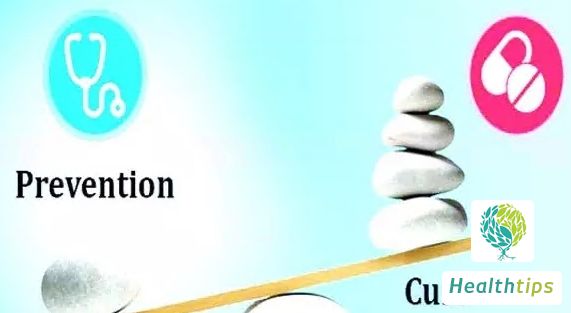Is a Blood Pressure of 80/50 Dangerous?
Hypertension and hypotension are both very common diseases in our lives. Hypotension is mainly due to the lower arterial pressure of the body circulation than normal. Blood pressure of 80/50 mmHg can be identified as hypotension, which can be divided into physiological hypotension and pathological hypotension. Timely treatment should be taken when hypotension occurs to avoid causing greater harm to the body and leading to the aggravation of the disease. Is blood pressure of 80/50 mmHg dangerous? Blood pressure of 80/50 mmHg is lower than the minimum value of 90/60 mmHg for adults. Whether it is dangerous depends on whether it is pathological or physiological. If it is physiological and the blood pressure has always been 80/60 mmHg, it is not dangerous. If it is pathological, the risk needs to be determined based on the severity of the primary disease. For example, if it is due to excessive blood loss, blood pressure of 80/50 mmHg suggests that the body is already in a dangerous state and may develop into hemorrhagic shock at any time.

1. Symptomatic treatment: Take symptomatic treatment measures according to the condition of hypotension, including drug intervention, dietary improvement, and other treatment methods. Patients should take medication reasonably according to the doctor's advice to improve hypotension.
2. Reasonable rest: Long-term sleep deprivation can also induce hypotension and other diseases. Appropriate relaxation and avoidance of staying up late can ensure sleep quality.
3. Reasonable diet: Patients should supplement more nutrition, as long-term malnutrition can further deepen hypotension. With sufficient nutritional supplementation, physical health can be restored, and symptoms accompanying hypotension can disappear. Eating foods such as ginseng, ginger, longan, red dates, and walnuts regularly can help alleviate hypotension.
In summary, hypotension is a disease with blood pressure lower than the normal value. Hypotension can also induce heart diseases. Eating fresh fruits and vegetables and high-sodium foods can improve hypotension. When hypotension occurs, the first step is to take symptomatic treatment measures according to the cause of the disease, which is conducive to controlling the progression of the disease. Patients need to take medication reasonably according to the doctor's advice.



















